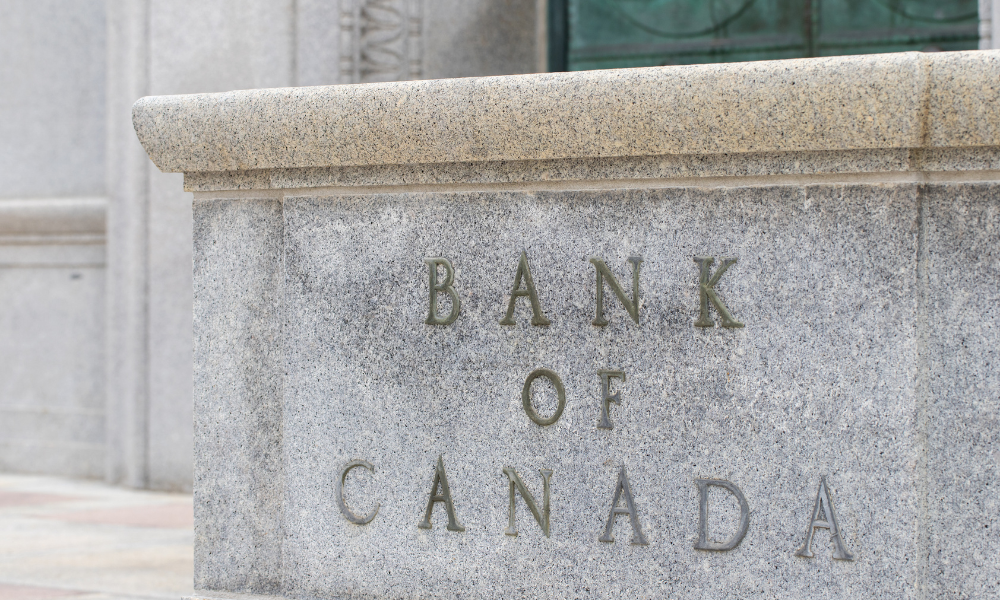Researcher and author credits difference to Canadians' unique mindset

Canada and the United States generally have a lot in common. They diverged, however, when it came to COVID-19 deaths.
In a recent commentary published by the Proceedings of the National Academy of Sciences (PNAS), David Fisman, M.D., M.P.H., an epidemiologist at the Dalla Lana School of Public Health at the University of Toronto, shared the results of a recent analysis of COVID-19 deaths in Canada and the US.
After statistical standardization to make the populations of the two countries comparable, he said Canada has experienced 100,000 fewer cumulative deaths from COVID-19 than the US, with 28% of those deaths involving people below 65 years old.
Fisman explored the differences through several rationalizations such as the probability of Canada "hiding" the true mortality by underreporting COVID-19 deaths. He noted, though, that underreporting occurs both in Canada and the United States, and that studies published in the Lancet demonstrated underreporting rates between the two countries are similar.
In contrast to the US, where health insurance is provided by both public (Medicare, Medicaid, and the VA) and private payers, Canada has universal health insurance. A single-payer system in the US would have saved 212,000 lives in 2020, according to calculations made by Yale epidemiologist Alison Galvani, Ph.D., and her colleagues. Galvani published their findings of investigation in PNAS in June.
Galvani suggests a few explanations for why the patchwork of insurance in the US would result in a higher death rate: higher rates of chronic conditions that are poorly managed, such as diabetes and hypertension, which raise the risk that a COVID-19 case will be severe; delays in care because people are concerned about medical bills; and lower vaccination rates because many Americans lack strong relationships with primary care doctors.
Read next: Using health insurance to protect wealth
However, Fisman is not sure whether variations in healthcare insurance are the true cause. He pointed to some of the shortcomings in COVID-19 healthcare in Canada (such as the lack of monoclonal antibodies used to keep patients out of hospitals and underfunded rural healthcare facilities) and points out that the infection fatality ratio for COVID-19 is comparable in the US, Canada, and several other nations.
“The threefold difference in deaths must be explained, at least in part, by difference in the rates of infection rather than differences in infection outcome or case mix,” Fisman said.
Despite the Freedom Convoy protests in Ottawa, Fisman argued that the overall explanation for the mortality disparity is that Canadians have a more communitarian mindset.
“Acceptance of sacrifice of individual needs or convenience for purposes of disease control has likely been easier to achieve in Canada than in the United States as Canadian Society is more communitarian and less individualistic than U.S. society,” Fisman writes.
Fisman made a distinction between public health, which aims to keep people healthy by preventing sickness, and healthcare. He asserted that compared to Canada, the US suffers from a lack of trust in government institutions, notably in the healthcare sector.
"It is difficult to legislate cultural transformation, even if that were desired," he said, noting that it might be naïve to think that “large numbers of Americans will reflect on how much less impactful the pandemic could have been and how many lives might have been spared had it emulated some of its global peers.”



